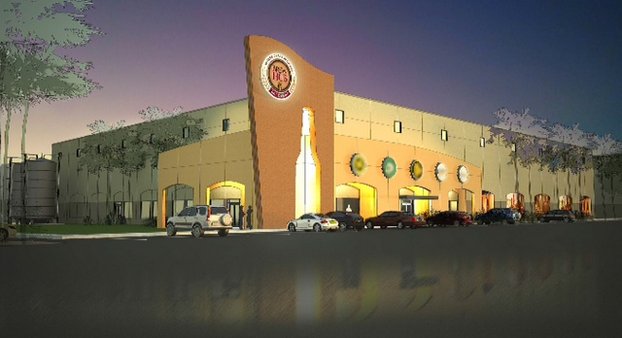
Will partner brewing gain big acceptance in the craft beer industry? Craft companies like Pretty Things Beer and Ale Project Inc. and 21st Amendment Brewery already do it, but will up-and-coming breweries or brewpubs capitalize on a contract business partner for production, packing, distribution and onward? Brew Hub thinks so.
Brew Hub was founded in 2012 in St. Louis by a team of beer industry executives and craft brewing experts led by former Anheuser-Busch InBev employee Tim Schoen. Brew Hub aims to provide full brewing, packaging, distribution and selling services for craft brands that are capacity, capital or geographically constrained. The company plans to have five breweries located throughout the country that will cater to craft breweries. Each facility will allow craft brewers to partner brew their beers on site. Brew Hub will also offer craft breweries services including sales, marketing, logistics, legal and government affairs.
Yesterday, Brew Hub announced its first brewery site — Lakeland, Fla.
“Brew Hub will allow great craft brewers to grow their businesses by expanding into new markets they otherwise could not reach,” said Schoen, chief executive officer. “This is the most exciting time in history to be in the beer business. Beer drinkers are constantly looking to discover new beer styles and brands every chance they get, but many of the beers they love aren’t available where they live. We’re planning to change that in the Southeast and across the country.”
The Lakeland brewery will be located in Interstate Commerce Park off the I-4 Corridor and will have an initial brewing capacity of 75,000 barrels (bbls), or 1 million cases, annually. The site’s central location will allow the company to efficiently distribute beer to wholesalers throughout Florida and the Southeast.
Brew Hub brewing operations will be led by chief brewmaster, Paul Farnsworth who will oversee all aspects of design, layout, construction and day-to-day operation of the new brewing, production and warehouse facility in Lakeland. Farnsworth earned a bachelor’s degree and Ph.D. from the University of London and has been instrumental in the startup or operation of more than 100 breweries in 10 countries.
Brew Hub plans to open at least four similar facilities over the next five years. Specific markets will be determined based on demand, but the company is considering strategic locations in the Northeast, Mid-Atlantic, Midwest, Texas and West Coast. This network of Brew Hub facilities will allow craft brewers from across the country to enter new markets.
“There are so many craft brewers making amazing beer today, and the demand from consumers is almost insatiable,” Schoen said. “But too much demand can also be a problem. Building a brewery is not realistic for many brewers and contract brewing opportunities that exist today are less than ideal. We believe our partner brewing model will allow craft brewers a great opportunity to expand their business and reach new consumers.”
Who should consider partner brewing?
- Brewpubs or micros looking to begin/expand distribution without the need for space or significant investment.
- Larger breweries that distribute widely but need capacity, want to reduce shipping footprint or want to produce more of their beer closer to where it is sold.
- Breweries needing specialized equipment or packaging (say, like canning lines).
What are the advantages of a brewing partnership?
- Ability to begin brewing or expand production quickly and without investing the capital to build and maintain your own brewery.
- Access to larger, well-equipped breweries with quality equipment, lab, multiple packaging options and economies of scale that would not normally be available to a small brewer.
- Ability to grow or contract quickly and cheaply as your business plan and markets dictate.
- Maximize existing facilities to minimize environmental impact and create shipping efficiency.

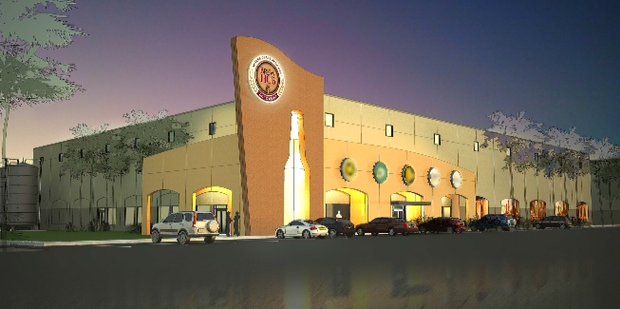
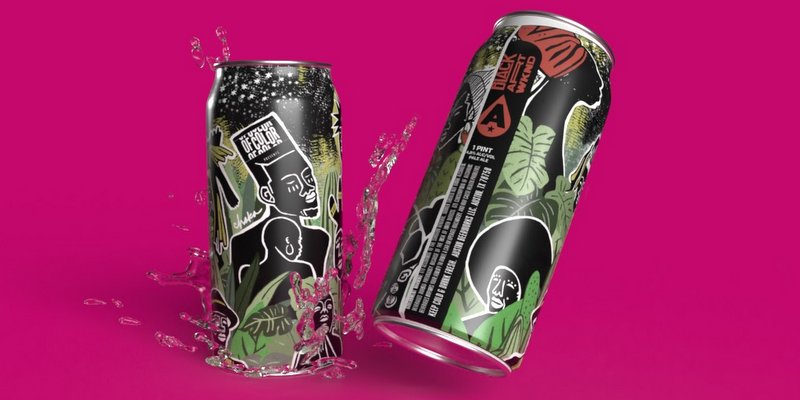
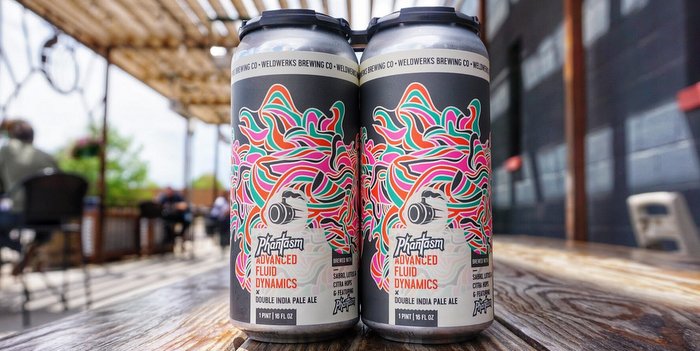
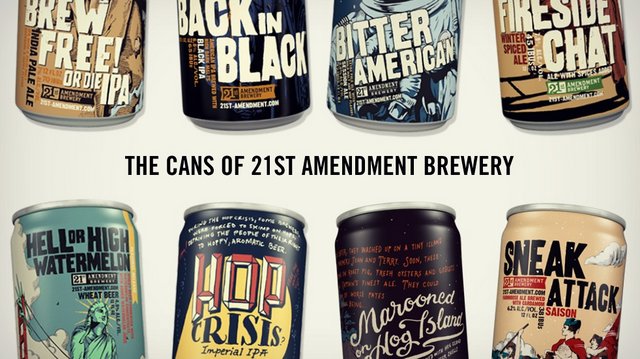
Leave a Reply
You must be logged in to post a comment.